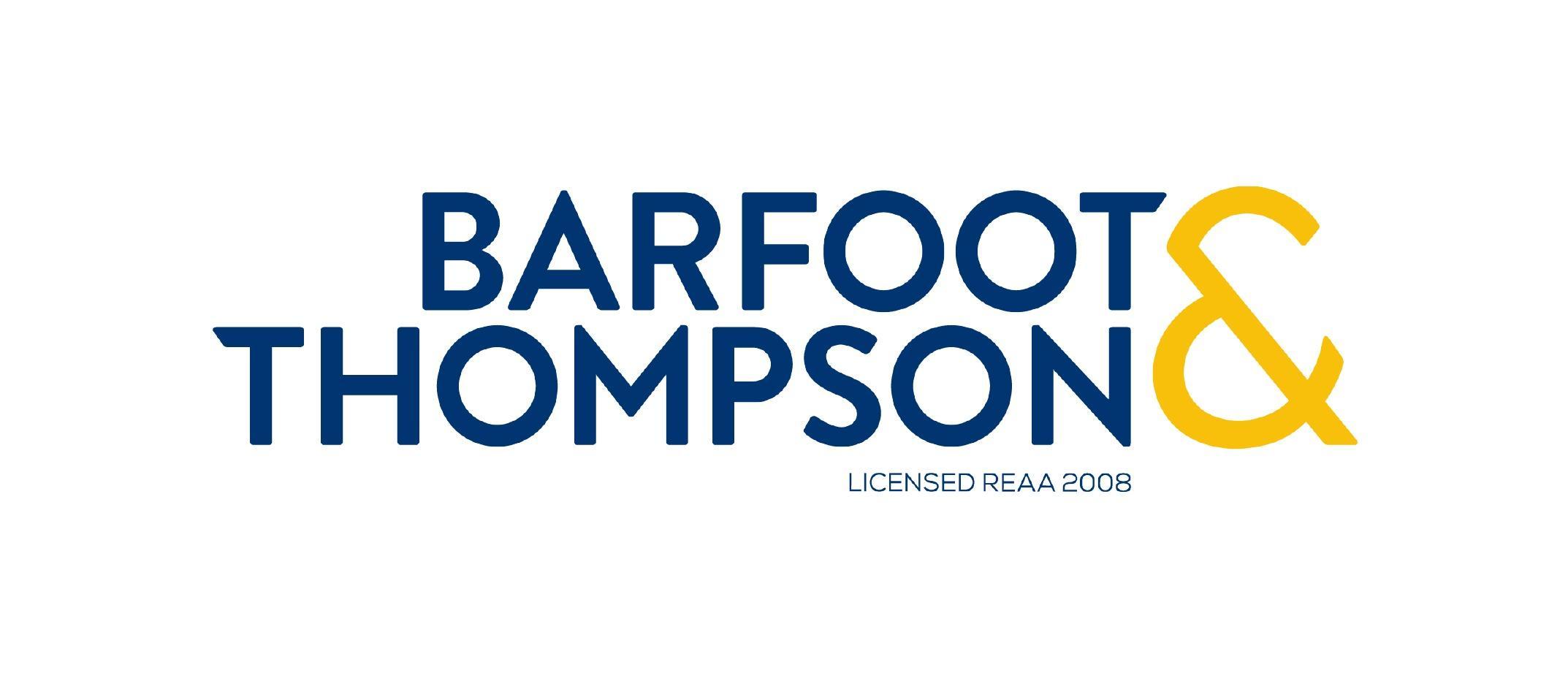We generally understand and talk about bonds as security deposits; on the one hand, they give a landlord the peace of mind to rent to a stranger and on
the other hand cushion a tenant against onerous financial burden should a claim be made against him at the end of the tenancy. What we tend to be less
mindful of is that ultimately, the bond is the tenant’s money and the law recognises it as such.
What does this mean in practice? Most straightforwardly, it means that landlords have no automatic right to the bond. And we see that clearly play out
in certain aspects of the bond process. For example, while landlords ‘collect’ the bond, we don’t get to hold on to it. We are required to forward*
the full amount with Tenancy Services Bond Centre within 23 working days of receipt.
(Indeed, we’ve become all too familiar with shocking accounts of rogue landlords hoarding thousands of dollars worth of bond illegally only to be
heavily sanctioned by the Tenancy Tribunal.) We cannot access the bond in part or in full without either the tenant’s consent (co-signed bond refund
form) or pursuant to a Tribunal order.
What is more imperceptible but not less important is what happens when a tenant makes an application to the Tribunal for the bond to be refunded whilst
the landlord has reason to believe that she is entitled to that same bond (in part or in whole). How will the Tribunal treat these competing claims?
If the landlord, in response to the tenant’s application, makes a cross-application to lay claim to the bond then the Tribunal will hear from both parties
and adjudge their respective merits. If the landlord makes no such cross-application expecting to simply put forward her claim to the bond as a response
at the hearing, she will not be heard at all. The Tribunal will award the full amount of the bond to the tenant and depending on the outcome rest of
the tenant’s claim, order the landlord to reimburse the tenant’s filing fee.
Though this sounds counterintuitive and perhaps even unreasonable, it is how the Residential Tenancies Act intends:
S22B(2) of the Act states that if the tenant
applies to the Tribunal and the landlord seeks payment of the bond in whole or in part, the landlord must file an application with the Tribunal that
sets out the landlord’s counterclaim. We have seen instances where the Tribunal has followed s22B(2) strictly and declined to even hear the landlord’s
case let alone assessing its merits.
S22B tends not to receive a lot of attention though it is no less consequential to landlords. If anything, it is a reminder that landlording is a business
that necessitates good attention to detail, prompt action and sound knowledge of the Tribunal process. So if you and your outgoing tenant cannot agree
on how the bond is to be apportioned and the tenant subsequently makes takes you to the Tribunal to have the bond refunded, be sure to file a cross-application
within the allotted time to have your side of the story heard.
* Correction made 27 January per Peter Lewis’ comment below.













Add Comment